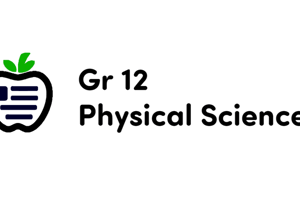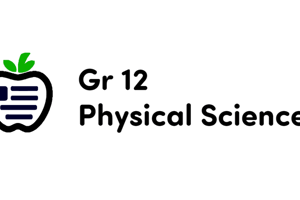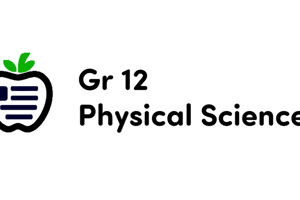Podcast
Questions and Answers
What is the primary focus of classical mechanics?
What is the primary focus of classical mechanics?
How does Jenny Hoffman's cross-country run relate to her work in quantum oscillation studies?
How does Jenny Hoffman's cross-country run relate to her work in quantum oscillation studies?
What is a key role of mechanics in understanding the natural world?
What is a key role of mechanics in understanding the natural world?
How do physics grad students from colleges like Siena College benefit from conducting research at places like CERN?
How do physics grad students from colleges like Siena College benefit from conducting research at places like CERN?
Signup and view all the answers
Which area of study does not fall under the purview of mechanics?
Which area of study does not fall under the purview of mechanics?
Signup and view all the answers
How does mechanics serve as an entry point for budding researchers?
How does mechanics serve as an entry point for budding researchers?
Signup and view all the answers
Study Notes
Exploring Mechanics: An Aspect of Physical Science
Imagine setting foot on a continent you've never seen before—discovering its unique terrain and dynamic landscapes. Such an expedition mirrors our quest to grasp the principles governing motion and force in the realm of classical mechanics, one cornerstone of physical sciences.
Jenny Hoffman, an exemplary modern-day physicist, demonstrates how balancing rigorous scientific pursuit with personal endeavors can foster growth in both domains. Hoffman's grueling 2,900-mile cross-country run epitomizes determination and resilience, traits she applies to problem-solving in quantum oscillation studies.
Mechanics encompasses fundamental laws applicable to everyday scenarios, bridging the gap between concepts and real-world applications. Take, for example, dove-tailing physics grad students from predominantly undergraduate institutions, like Siena College, who conduct research alongside seasoned physicists at leading facilities like the Large Hadron Collider (CERN), assimilating knowledge beyond academia's confines.
From calculating forces acting upon celestial bodies to analyzing torque on wheels driving vehicles, mechanics provides a universal language for understanding our natural world. This subject serves as an entry point for budding researchers seeking to investigate diverse phenomena, from macroscopic motions to microscopic interactions.
At the forefront of theoretical and applied mechanics lies extensive research and dedicated education initiatives. Undergraduate programs like those at Siena College champion hands-on research opportunities, fostering curiosity among students and enabling them to contribute to contemporary advancements early in their careers. Meanwhile, established physicists contribute to shaping the field by facilitating collaboration among various sectors of academia and industry.
In essence, mechanics encapsulates the interplay between forces and movement; a cornerstone of STEM education and exploration, inspiring generations of discoverers who dare to question and wonder while pushing boundaries towards a deeper comprehension of our complex physical existence.
Studying That Suits You
Use AI to generate personalized quizzes and flashcards to suit your learning preferences.
Description
Delve into the principles of classical mechanics, examining motion, force, and equilibrium in the realm of physical sciences. Learn about the application of mechanics in various scenarios, from celestial bodies to vehicles, and its role as a foundational aspect of STEM education.



